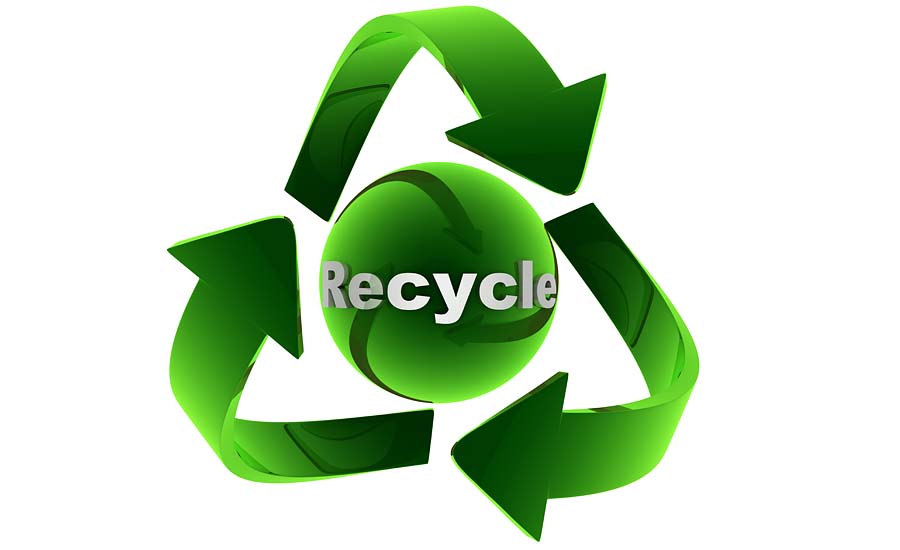
World Wildlife Fund launches Activation Hub to help prevent 10M metric tons of global plastic waste
ReSource will collaborate with industries to ensure a systems-based approach to addressing plastic production, consumption, waste management and recycling as a single system.
While many companies and organizations are committing to curb plastic pollution, some lack a roadmap to follow when implementing these commitments. That’s why the World Wildlife Fund (WWF), Switzerland, launched ReSource: Plastic, a new activation hub.
ReSource seeks to help companies align their large-scale plastic commitments from aspiration to meaningful, measurable action. ReSource will collaborate with industries to ensure a systems-based approach to addressing plastic production, consumption, waste management and recycling as a single system.
“ReSource is designed to identify the concrete changes that will make the biggest impacts in reducing a company’s plastic pollution footprint,” says Nik Sekhran, chief conservation officer. “To get closer to our goal of no plastic in nature will take nothing short of transforming the entire value chain. With ReSource, companies now have access to more advanced tools to maximize, measure and multiply their commitments to make this a reality.”
McDonald’s, Chicago; Starbucks, Seattle, Wash.; Tetra Pak, Vernon Hills, Ill.; and The Coca-Cola Co., Atlanta, are some of the principal members.
“We are proud to join WWF as a principal member of ReSource,” says Francesca DeBiase, executive vice president and chief supply chain and sustainability officer for McDonald’s. “This partnership perfectly aligns with our ambition to use our scale for good and work with others to develop thoughtful, scalable solutions that will make a significant impact on the plastic pollution challenge.”
The Ellen MacArthur Foundation (EMF), UK, and Ocean Conservancy, Washington, D.C., joined ReSource as thought partners. EMF will work closely with WWF to ensure ReSource is aligned with their vision of a circular economy for plastics and to provide organizations with the tools needed to achieve these targets. Meanwhile, Ocean Conservancy will help ensure ReSource is informed by deep ocean expertise, particularly as ocean plastic pollution has become a driver for change toward a circular economy.
“World Wildlife Fund is a key partner for Starbucks in our efforts to continue minimizing our environmental footprint,” says John Kelly, senior vice president of global public affairs and social impact, Starbucks. “We look forward to being a part of ReSource: Plastic, as we know it takes collaboration to find scalable, truly impactful solutions. We’re committed to learning and leading alongside other brands, as we work toward our aspiration of sustainable coffee, served sustainably.”
“Solving the world’s plastic waste problem requires collective action across all sectors of society,” says Michael Goltzman, vice president, global policy, environmental sustainability and social impact, The Coca-Cola Co. “In 2018, we launched World Without Waste, a system-wide effort to design more recyclable packaging, increase collection and partner with communities, NGOs and even our competitors to reduce plastic packaging waste. Through platforms like the WWF’s ReSource activation hub, we can share knowledge, measurement goals and collaborative frameworks to advance a circular economy.”
"We must eliminate plastics we don’t need and innovate so all plastics we do need can be safely circulated without becoming waste or pollution,” adds Sander Defruyt, new plastics economy lead, Ellen MacArthur Foundation. “Through the New Plastics Economy Global Commitment, businesses and governments commit to working toward a circular economy for plastics. This will require unprecedented levels of ambition and collaboration, which initiatives like ReSource: Plastic will help us achieve."
“To really tackle the plastic pollution problem, we need business practices to change, but we also need to change the context in which those businesses operate,” adds Emily Woglom, executive vice president, Ocean Conservancy. “Ocean Conservancy’s experience developing policy and finance solutions around this issue will complement and strengthen WWF’s expertise implementing business and supply chain improvements. This is what will make ReSource different and more powerful than any collaborations we’ve seen before.”
